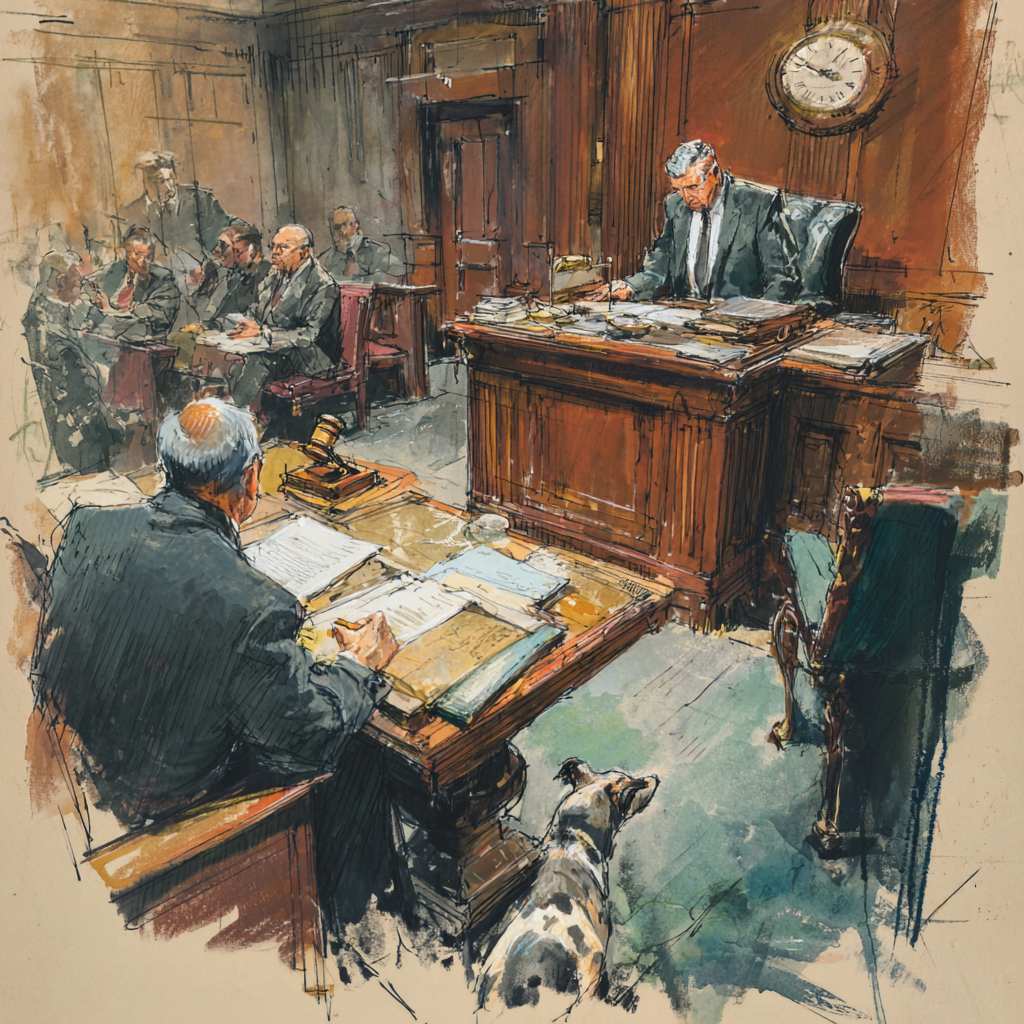Bedford Park Neurology, P.C. v New York Cent. Mut. Fire Ins. Co., 2009 NY Slip Op 52634(U)(App. Term 2d Dept. 2009)
“The claim form at issue sought to recover payment on behalf of the physician who rendered the services and not on behalf of plaintiff. Indeed, while the handwritten notation on the claim form refers parenthetically to “Bedford Park Neurology,” this is not the name of plaintiff professional corporation. Consequently, plaintiff’s belated attempt to establish that the claimant physician was either an employee or principal of plaintiff, and that the claim form contains misinformation, is unavailing (A.M. Med. Servs., P.C. v Progressive Cas. Ins. Co., 22 Misc 3d 70 [App Term, 2d & 11th Jud Dists 2008]). Plaintiff failed to submit a claim form which entitled it to payment, and may not correct the allegedly erroneous claim form once [*2]litigation has commenced (id.; cf. Davydov v Progressive Ins. Co., 25 Misc 3d 19 [App Term, 2d, 11th & 13th Jud Dists 2009]). Accordingly, the branch of defendant’s motion seeking to dismiss so much of plaintiff’s complaint as sought to recover upon a claim form seeking the sum of $2,992 should have been granted (A.M. Med. Servs., P.C. v Progressive Cas. Ins. Co., 22 Misc 3d 70).”
The problem here is that the attorney made a typographical error when it commenced the litigation. They meant to say (provider) as opposed to (provider, P.C.). Since the incorrect entity commenced suit, the case was dismissed. I am not sure why plaintiff didn’t attempt to move for leave to amend the summons and complaint in opposition to the motion for summary judgment and, upon amendment, substitute the name of the owner of the p.c. for the “p.c.” and after the name of the owner of the pc, state the name of the entity as set forth on the bill as a dba.
I found it interesting how the Appellate Term cited with a “cf” the Davydov case. In Davydov, the bills and the lawsuit were the same, however, the assignment of benefits (AOB) was made to a different entity. The Appellate Term found that this was of no moment since it was not objected to during the claims stage. It thus seems difficult to reason why a similar typographical error, but on a different portion of the claim form, would result in a different outcome. Yes, I said claim form. An AOB is a prescribed form, and thus qualifies as a part of the claim form.
By the way, the Appellate Term, Second Department and the Appellate Division, Second Department denied Progressive’s application for leave to appeal Davydov to the Appellate Division, Second Department.










2 Responses
Looks like the Appellate Division might have to grant leave on this one. The cases can’t be distinguished with a mere c.f.
If the Appellate Division could deny Defendant leave to appeal Cornell Medical v. Mercury – especially when the Appellate Term invited the litigation strategy that occurred in Cornell – then do not expect this case to go up anytime soon.